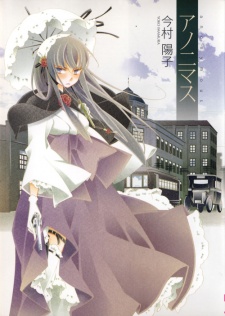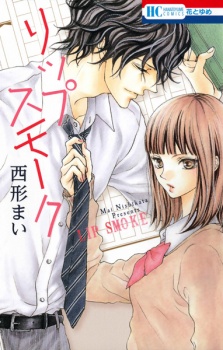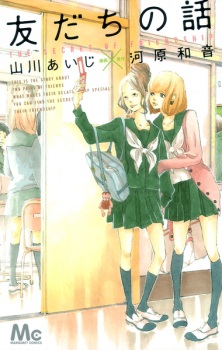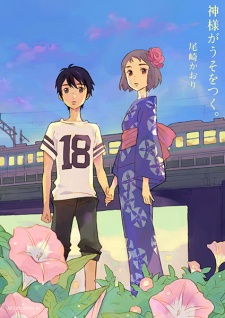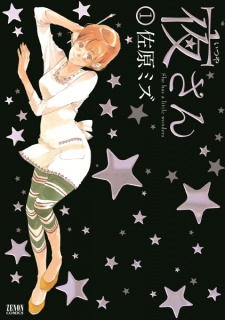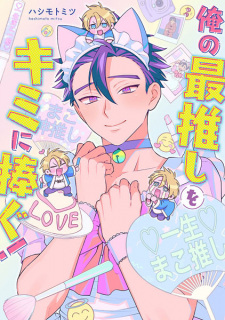Sep 28, 2009
There's a simple recipe for quick and easy pathos: take a group of cute young children, put them in a dangerous situation, and then have them be made to do things that no child should ever have to do (usually killing people). There are series that take this formula and make it something more than cheap emotional manipulation; that really make a compelling story out of it; that may even be worth watching or reading for people who are a bit squeamish about bad things happening to children.
"Anonymous" is not one of those series. It's ultimately very shallow; it's got no real point beyond "look
...
at these poor children; don't you feel sorry for them?" The fact that it's a series of loosely-connected one-chapter anecdotes probably doesn't help: the storytelling feels rushed and at times confusing, and there's little time to really get invested in the story or the characters. That's really one of the manga's biggest problems -- in what is supposed to be a character-driven tragedy, the reader needs to feel for the characters. Using children is a shortcut, but it's no substitute for solid characterization. The one story that works decently is "Smile," a serving of more traditional action fare about a bodyguard who falls in love with his charge and outwits her enemies so that they can go riding off into the sunset. It's hardly original, but it's much easier to do an entertaining light action story than a compelling exploration of the psyche of a tormented child soldier/spy/assassin, especially when you only have thirty pages to do it in.
There's one other relatively-upbeat story, "Sprout," but it's problematic in ways that "Smile" isn't. The protagonist of Sprout is injured in combat, losing the use of one hand, and is retired from active duty; instead, he must take on a teaching position, training young children for missions. At first he can't stand his incompetent charges, but he eventually comes to care for them, and they all learn to work together as a team. This seems sweet and all, but given what we've been shown so far of the lives of the children in the Anonymous organization (i.e. nothing good), are we really supposed to be happy that the protagonist of Sprout has succeeded in perpetuating the cycle?
The setting is fairly vague -- that is, it's clearly Japan, but it's not clear whether it's supposed to be "our" universe or some alternate one. The first story features successful human cloning, due to which I originally assumed it was meant to be set in the near future, but the second-to-last story (the only one with an explicit time period) is set right before and right after the Russian Revolution. Since the stories have no recurring characters or clear relation to one another beyond all being about the Anonymous organization, it's difficult to tell whether they're all set in the same time period or not; if indeed they were meant to be, the author left the establishment of the era a bit late.
The art is not painful to look at, but it's very generically cute, and the proportions are inconsistent. The biggest problem, however, is with the character designs, which all look very much alike. It's hard to tell the characters apart, a problem which is exacerbated by the fact that almost none of the characters have names. To give credit where it's due, though, the artist does design some nice outfits, and the boys' Anonymous uniform is definitely cool-looking.
This manga was really very disappointing, and if you're considering reading it I'd suggest picking up Gunslinger Girl instead. It has the same "children brainwashed into being assassins" concept, but better storytelling, stronger characterization, and nicer art. Anonymous, short though it is, is a waste of time.
Reviewer’s Rating: 4
What did you think of this review?
Nice
 0
0
Love it
 0
0
Funny
 0
0
Confusing
 0
0
Well-written
 0
0
Creative
 0
0Show all
